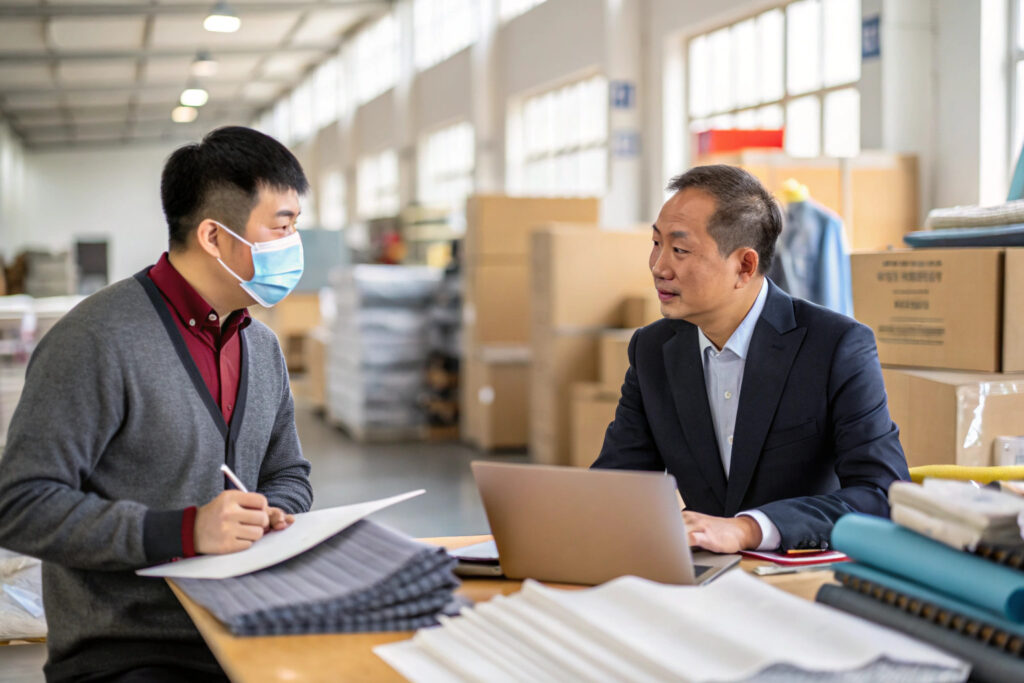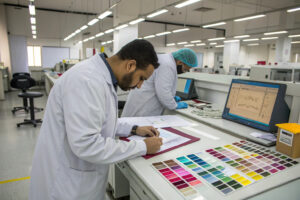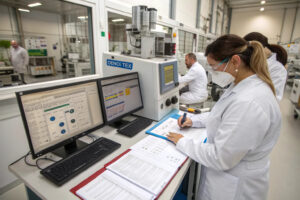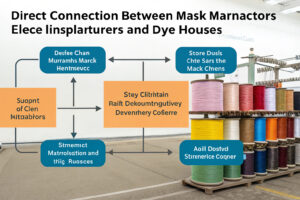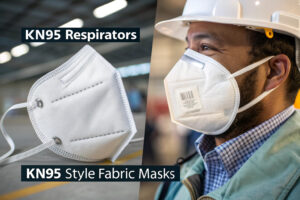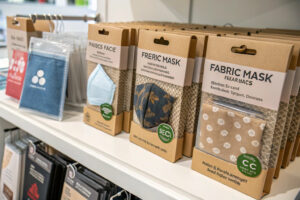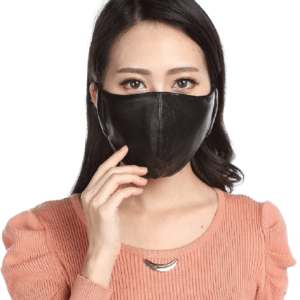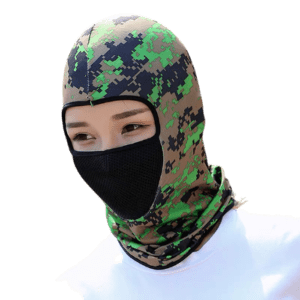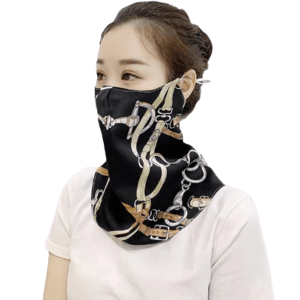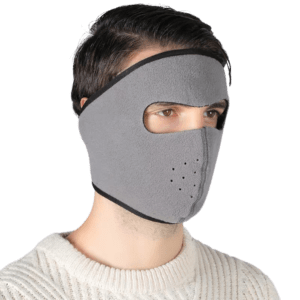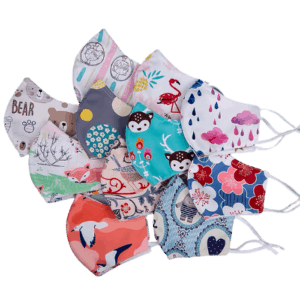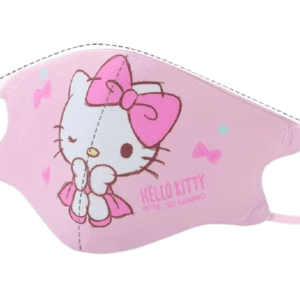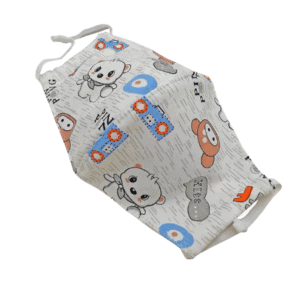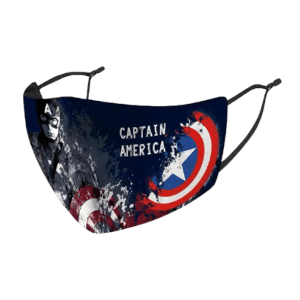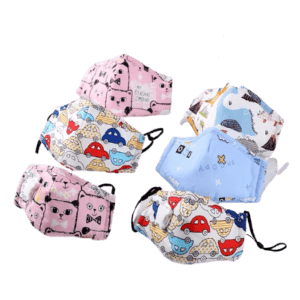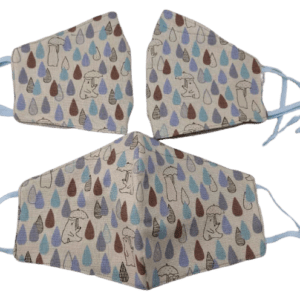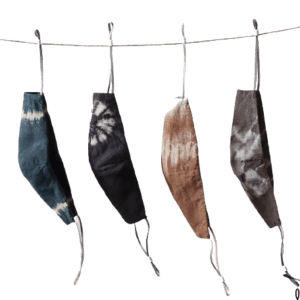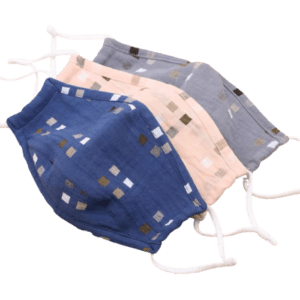When sourcing wholesale fabric masks from overseas suppliers, especially in China, payment terms are one of the most important factors that influence trust, security, and business success. Choosing the right terms can prevent disputes, protect cash flow, and ensure timely deliveries. In my decade of experience exporting fabric masks to more than 50 countries, I’ve seen how payment terms directly impact both new buyers and seasoned purchasing managers.
Reliable payment terms are not just about sending money safely—they are about building a partnership where both sides feel secure. For large wholesale fabric mask orders, especially when shipping internationally, the right payment method can mean the difference between smooth transactions and costly delays.
If you’ve ever worried about scams, shipping delays, or frozen funds when buying from overseas suppliers, you’re not alone. Let’s break down the most reliable options, common industry practices, and how you can negotiate terms that protect your business.
Secure Payment Methods for International Mask Orders
Choosing the right payment method is the first layer of protection for wholesale buyers. In the global textile industry, the most reliable methods balance security with speed, while minimizing transaction fees.
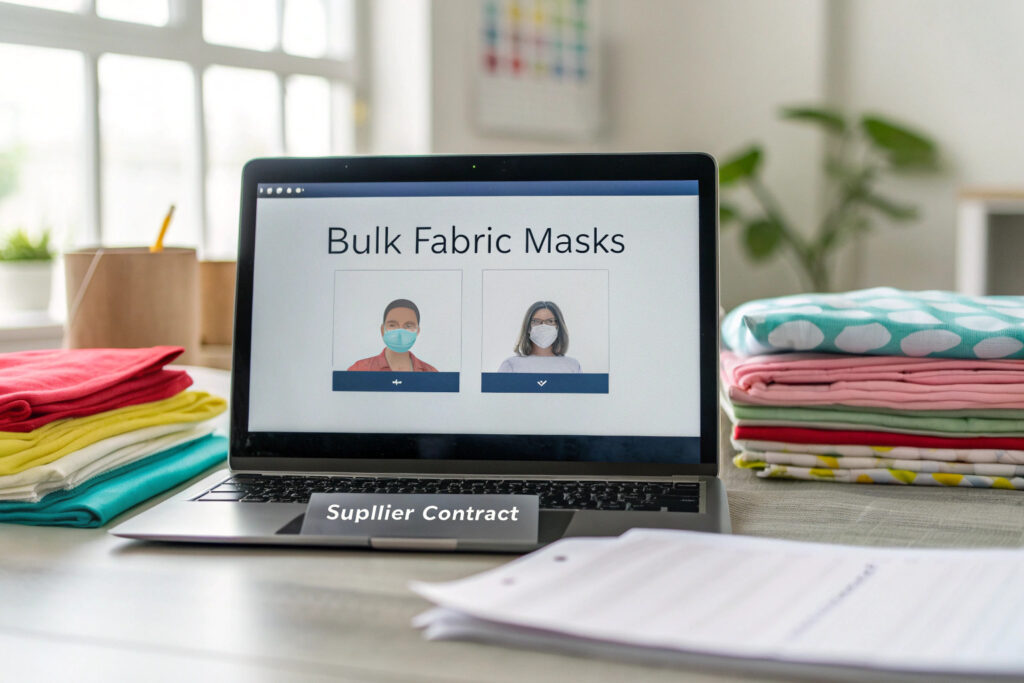
One of the most trusted options is Telegraphic Transfer (T/T), which is a direct bank-to-bank transfer. Many buyers use 30% deposit, 70% before shipment to maintain cash flow while securing production. For high-value first orders, Letter of Credit (L/C) remains a gold standard, especially when dealing with new suppliers. Platforms like Alibaba Trade Assurance also provide buyer protection for mask orders, especially for small to medium purchases.
Why is Telegraphic Transfer so popular in textile trade?
Telegraphic Transfer is fast, widely accepted, and straightforward. When ordering from suppliers in China, it typically takes 1–3 business days for funds to arrive. This method reduces middleman costs compared to third-party platforms. Many professional buyers prefer partial upfront payment to allow suppliers to purchase raw materials and start production. The key is to work only with verified suppliers, ideally ones you’ve vetted through ImportYeti or past trade show meetings.
Can Letter of Credit protect both buyer and supplier?
Yes, especially for large bulk orders of fabric masks exceeding USD 50,000. An L/C ensures that your bank only releases payment when all shipping and product documents meet the agreed terms. This minimizes the risk of non-shipment or poor-quality goods. However, it involves higher bank fees and more paperwork, which can slow down first-time transactions. For established relationships, L/C is often used for seasonal high-volume production cycles.
Balancing Risk and Flexibility in Payment Schedules
Payment schedules are the heartbeat of wholesale trade. For fabric masks, they can be structured to reduce risks for both buyer and seller while keeping production on track.

Common industry practice includes Deposit + Balance terms, such as 30% upfront, 70% before shipment, or 50% upfront, 50% upon delivery for repeat clients. Flexible terms like Net 30 or Net 60 are rare for first orders but possible for long-term partnerships. The trick is to align payment schedules with production milestones.
How does milestone-based payment work?
Milestone-based payment breaks the total amount into stages: deposit, mid-production payment, and final balance before shipment. This method reassures the supplier that the buyer is committed while allowing the buyer to check production quality. Some clients request a third-party inspection company like SGS to confirm product quality before the final payment is released. It’s especially useful for complex designs or custom-printed fabric masks.
Are post-shipment terms realistic for new buyers?
Post-shipment terms, such as Net 30, are generally offered only to trusted buyers with strong financial backgrounds. Suppliers may require trade references or credit checks before offering these terms. For example, large retailers using platforms like TradeBeyond can negotiate extended payment cycles because of their proven payment history and volume.
How to Negotiate Better Payment Terms With Chinese Suppliers
Negotiating better payment terms is not only about lowering risk—it’s also about building long-term trust. Chinese suppliers value consistent orders, clear communication, and mutual respect.
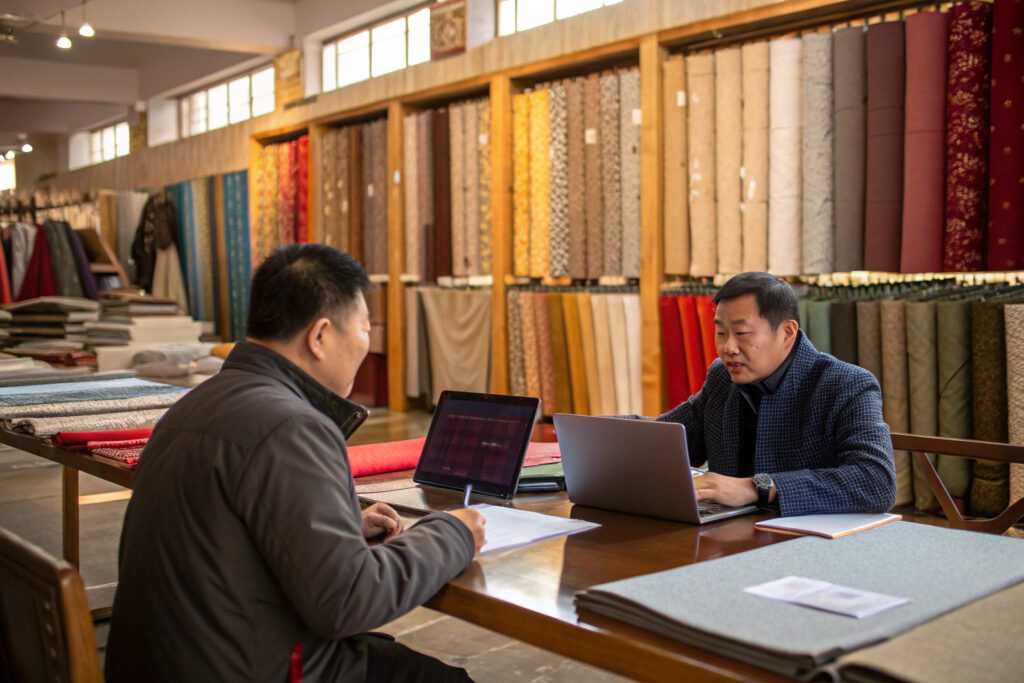
Buyers who demonstrate reliability through on-time payments, accurate POs, and repeat orders are more likely to receive favorable terms. Relationships built at trade shows like Canton Fair or Keqiao Textile Expo often lead to flexible payment arrangements.
What role does order volume play in negotiation?
Larger orders give you stronger bargaining power. For example, a buyer ordering 100,000 reusable masks every quarter may negotiate a 20% deposit instead of 30%. Suppliers are willing to take lower deposits if they see consistent demand. Using data from tools like Panjiva can also strengthen your case by showing industry trends and your purchase history.
Can relationship-building reduce deposit requirements?
Yes. In my own experience, buyers who visit our production site or invite us to visit theirs build stronger trust. This often leads to smaller deposits, longer payment cycles, or even priority production slots. Establishing personal rapport beyond email communication—such as through WeChat—can help maintain smoother negotiations.
Avoiding Common Payment Pitfalls in Mask Sourcing
Even experienced buyers can fall victim to payment-related problems. Knowing the red flags and taking preventive steps can save thousands of dollars.

Always verify bank account details before sending funds. Fraudsters sometimes impersonate suppliers and send fake invoices with different bank information. Payment delays can also happen due to bank holidays, time zone differences, or incorrect SWIFT codes.
How to spot and avoid payment scams?
Watch out for sudden changes in bank account details, especially if sent via email. Confirm changes by calling your supplier directly using a verified phone number. Using escrow services like Escrow.com can help reduce the risk for high-value first orders. Keep records of all transactions and communication in case disputes arise.
Should you avoid 100% upfront payments?
In most cases, yes—especially for first-time orders. Paying the full amount upfront leaves you vulnerable if the supplier fails to ship or delivers substandard goods. Instead, negotiate split payments or use platforms like Payoneer to secure transactions. Only consider full prepayment if the supplier has a proven track record and the order value is relatively small.
Conclusion
Reliable payment terms are a foundation for smooth, profitable wholesale fabric mask sourcing. Whether you choose T/T, L/C, or milestone-based schedules, the goal is to balance security with flexibility. Negotiating better terms is possible when you build trust, prove reliability, and understand your supplier’s needs.
If you are ready to produce your own bulk fabric mask order with a trustworthy partner, contact our Business Director Elaine at elaine@fumaoclothing.com. Together, we can create a secure, efficient, and profitable sourcing experience.

